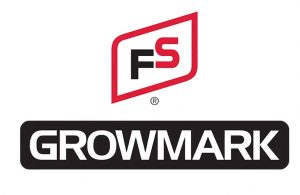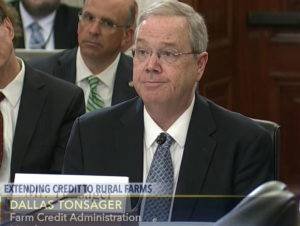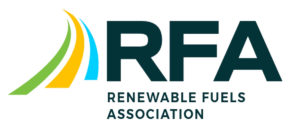 U.S. Secretary of Agriculture Sonny Perdue today announced several actions that USDA will be taking to assist farmers in response to trade damage from unjustified retaliation and trade disruption.
U.S. Secretary of Agriculture Sonny Perdue today announced several actions that USDA will be taking to assist farmers in response to trade damage from unjustified retaliation and trade disruption.
President Trump directed Secretary Perdue to craft a relief strategy to support American agricultural producers while the Administration continues to work on free, fair, and reciprocal trade deals to open more markets in the long run to help American farmers compete globally. Specifically, the President has authorized USDA to provide up to $16 billion in programs, which is in line with the estimated impacts of unjustified retaliatory tariffs on U.S. agricultural goods and other trade disruptions. These programs will assist agricultural producers while President Trump works to address long-standing market access barriers.
Details of the aid package were announced in a press call with USDA officials, including:
• U.S. Secretary of Agriculture Sonny Perdue
• USDA’s Chief Economist, Dr. Rob Johannson
• Undersecretary for Farm Production and Conservation, Bill Northey
• Undersecretary for Marketing and Regulatory Programs, Greg Ibach
• Undersecretary for Trade and Foreign Agricultural Affairs, Ted McKinney
• Acting Deputy Under Secretary for Food, Nutrition, and Consumer Services, Brandon Lipps
• USDA’s Trade Counsel Jason Hafemeister
Listen or download here:
USDA Announces Trade Aid Package










